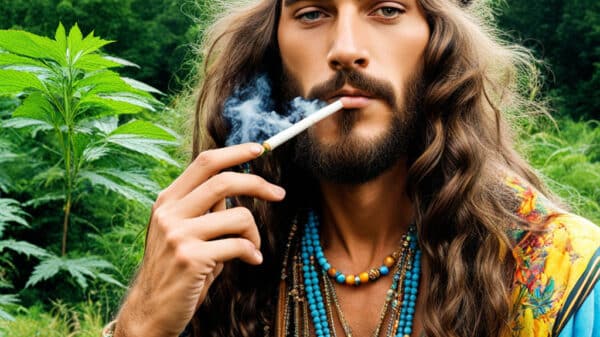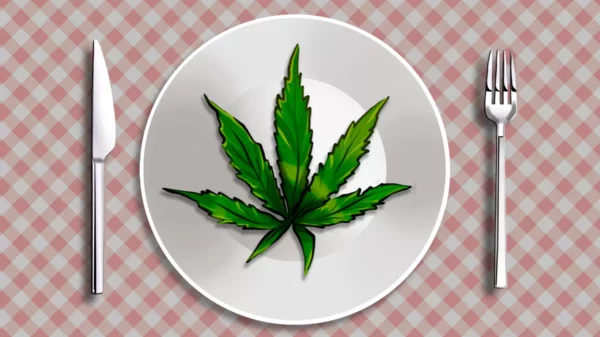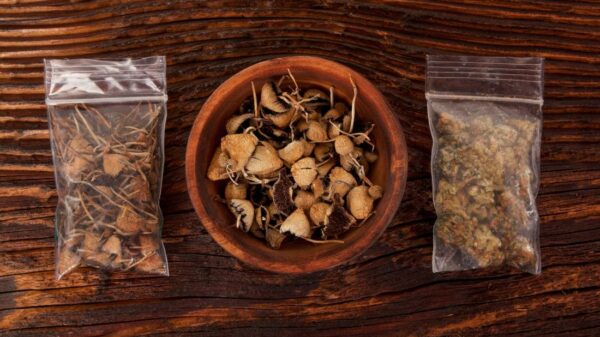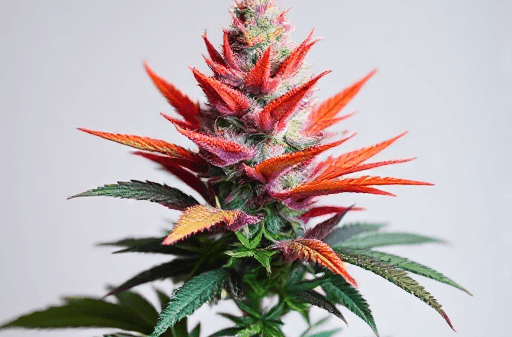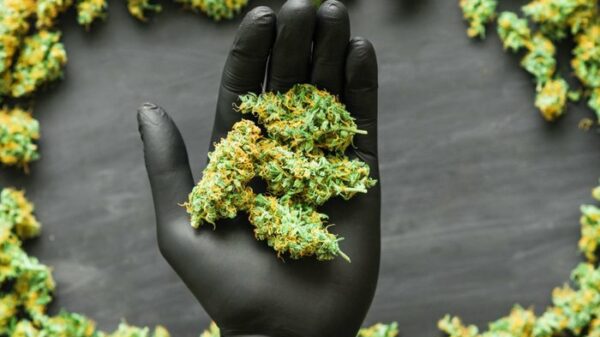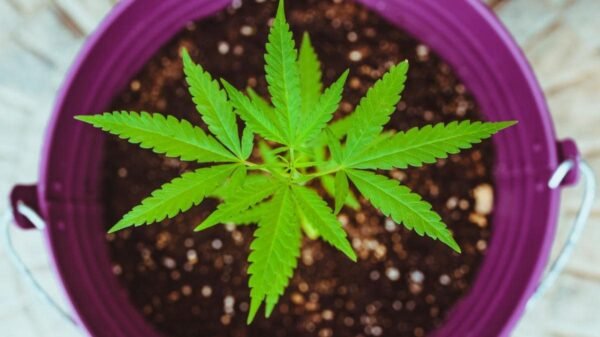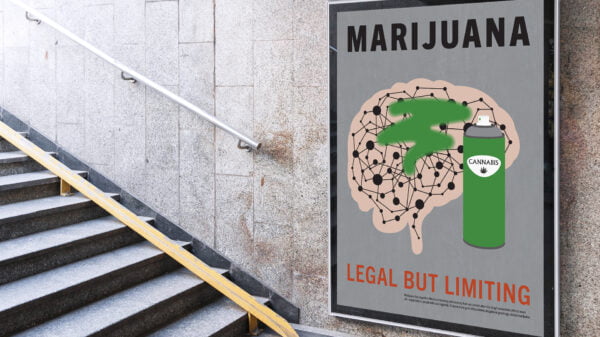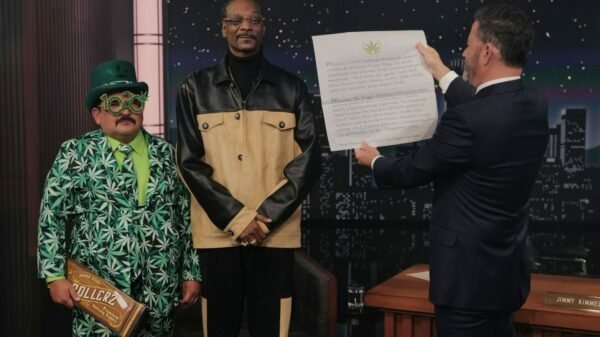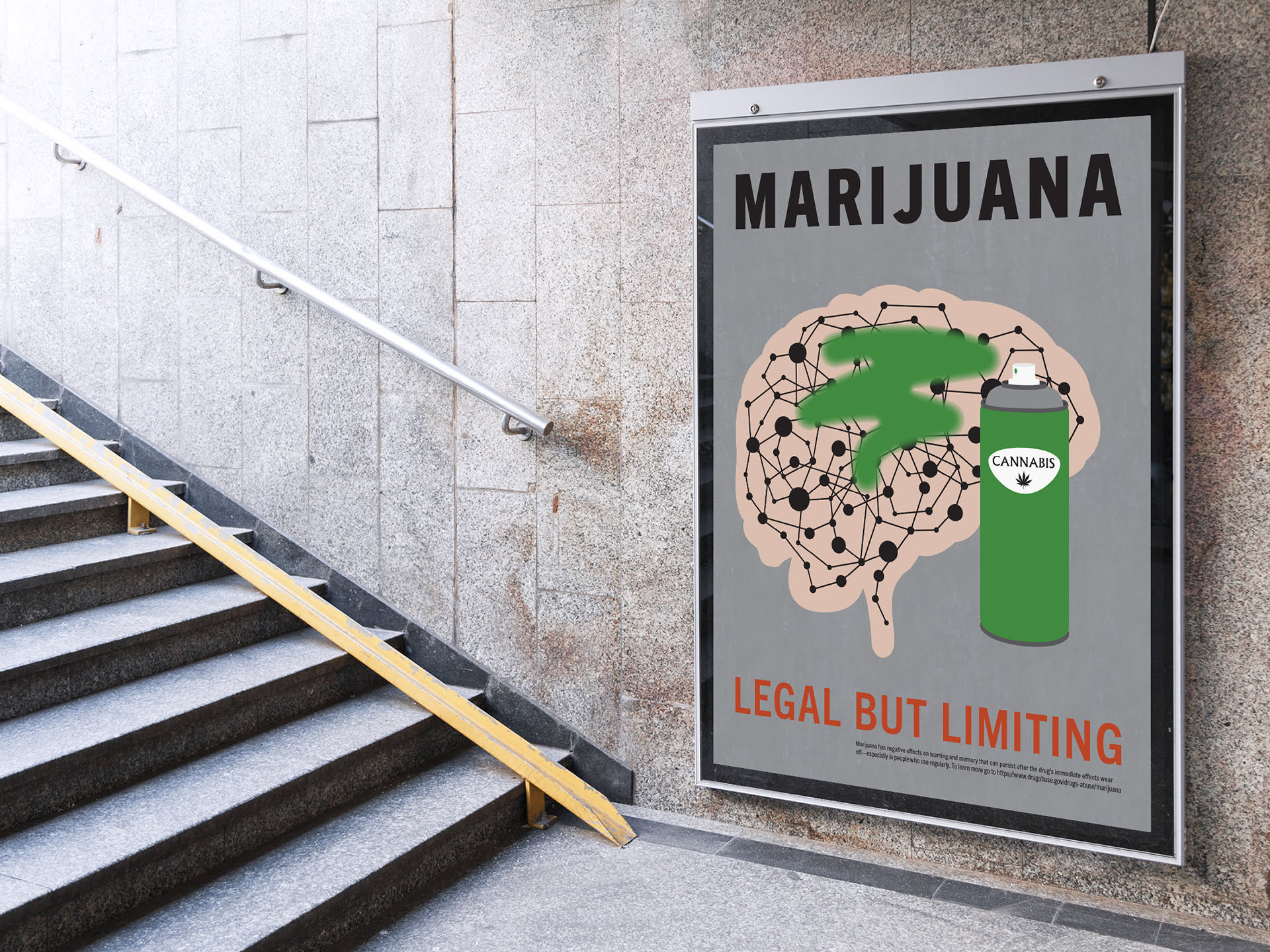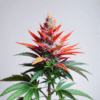Ever wondered how cannabis or dagga, come to be called marijuana? Throughout the 19th century, Americans used the word “cannabis” when referring to the marijuana plant.
So why does the term “marijuana” dominate the discourse in the United Sates, while most people in Europe and large swaths of Latin America refer to the drug as cannabis, the botanical name for the plant?
The answer, in part, is found in the Mexican Revolution, which began in 1910. After the upheaval of the war, scores of Mexican peasants migrated to U.S. border states, taking with them their popular form of intoxication, what they termed “mariguana.”
Upon arrival, they encountered anti-immigrant fears throughout the Southwest — prejudices that intensified after the Great Depression. Analysts say this bigotry played a key role in instituting the first marijuana laws — aimed at placing social controls on the immigrant population.
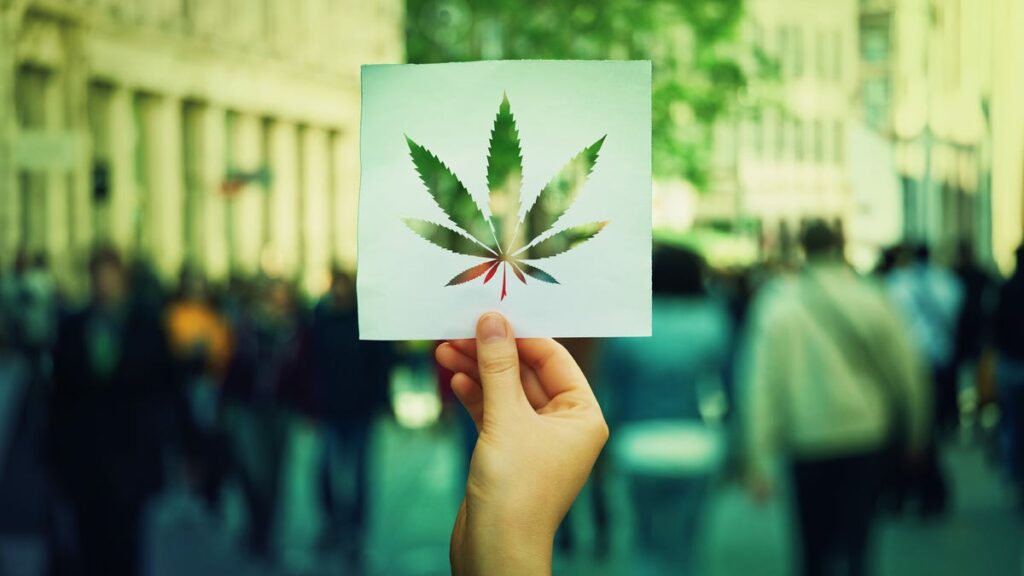
In an effort to marginalize the new migrant population, the first anti-cannabis laws were targeted at the term “marijuana.” It’s no coincidence that the first U.S. cities to outlaw pot were in border states. It is widely believed that El Paso, Texas, was the first U.S. city to ban cannabis, when it approved a measure in 1914 prohibiting the sale or possession of the drug.
Around the same time, West Indian and Mexican migrants started taking marijuana with them to ports along the Gulf of Mexico — most notably New Orleans, where the media began associating cannabis use with jazz musicians, blacks and prostitutes. Media outlets across the country helped fuel the hysteria, churning out headlines like “Loco weed now cultivated and smoked in cigarettes” and “Murder weed found up and down coast.” By the early 1930s, 29 states had banned marijuana.
But nobody played a larger role in cementing the word in the national consciousness than Harry Anslinger, director of the Federal Bureau of Narcotics from 1930 to 1962. An outspoken critic of the drug, he set out in the 1930s to place a federal ban on cannabis, embarking on a series of public appearances across the country.
Anslinger is often referred to as the great racist of the war on drugs.
Anslinger reportedly kept files on jazz musicians titled “Marijuana and Musicians,” and monitored band mates who played alongside Louis Armstrong, Count Basie, and Duke Ellington, among others. And he began his federal campaign against the drug by publishing a report titled “Marijuana: Assassin of Youth” in 1937.
That year, Anslinger testified before Congress in favor of marijuana prohibition.
“Marijuana is the most violence-causing drug in the history of mankind,” he said during testimony. “Most marijuana smokers are Negroes, Hispanics, Filipinos and entertainers. Their satanic music, jazz and swing, result from marijuana usage.”
Anslinger’s crusade succeeded. In 1937 Congress approved the Marijuana Tax Act, which criminalized pot possession throughout the United States.


